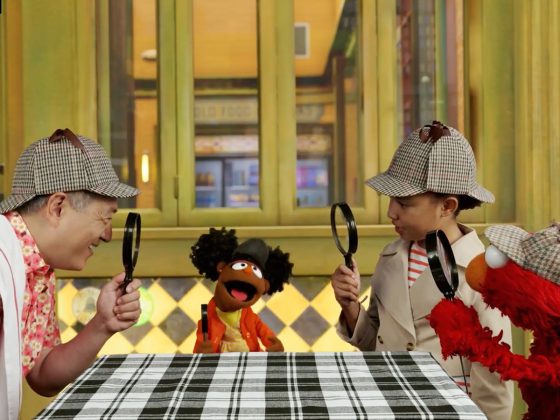
Feelings Detective with Elmo and Friends
Help little ones notice, understand, and name their emotions and those of others.
Children need grown-ups’ support to understand feelings — their own and those of others. They’re beginning to recognize that how someone feels on the inside often shows on the outside. By starting early, we help children to:
- Express and label their feelings in a healthy way, using an ever-growing list of “feelings words.” Words have power!
- Build a stronger understanding of how their emotions are felt in their bodies.
- Notice others’ body and face and look for clues that show how the person is feeling.
Share this video with children and try playing your own version of the game with different feelings. You might remind children:
- I’m always here to help you name your feelings and talk about why you may be feeling them.
- Someone else may feel differently than you about the same thing, such as feeling excited or nervous about a school performance or birthday party with new friends.
- When we focus on feeling our bodies, we can then name those feelings, like sad, frustrated, curious, or happy.
And Try This!
- When reading storybooks together, look at pictures of characters and play “feelings detective” on each page. Look closely at characters’ faces and bodies. How do children know a character is feeling a certain way? Why may they be feeling that way?
- Print this page for a game that extends the learning.
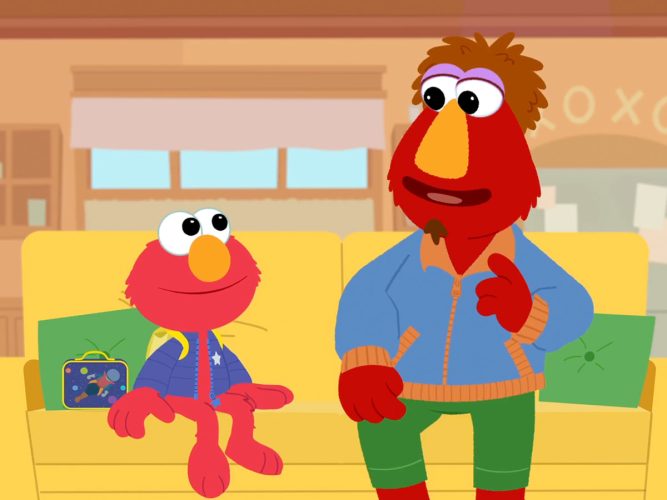
Teaching My Brain
Compassionate self-talk can turn difficult moments around.
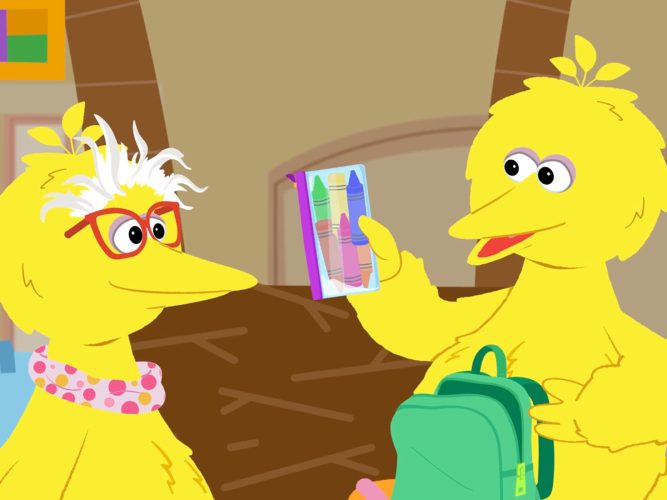
Comfort Container
Help children take a quiet moment alone and soothe themselves.
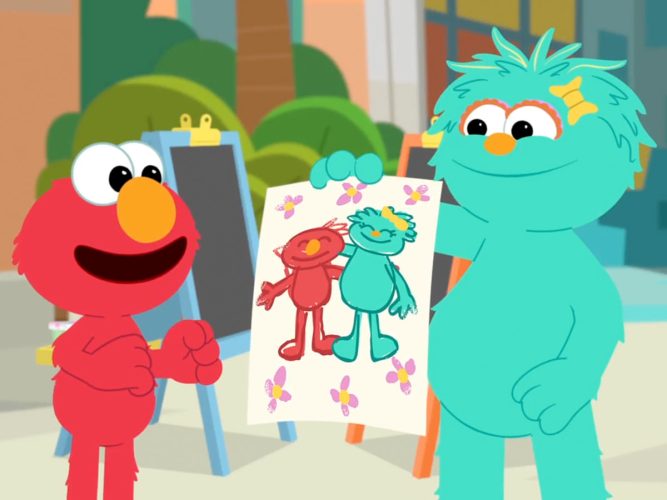
A Good Friend to Myself
Self-compassion matters… children should be as kind to themselves as they are to others!
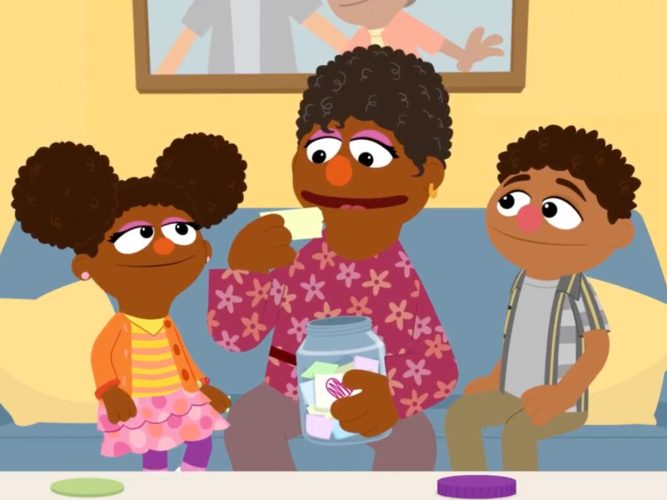
Gratitude Jar
Highlight the power of gratitude! In tough times, help children pause, notice, and savor the feelings that the good things in our lives bring.
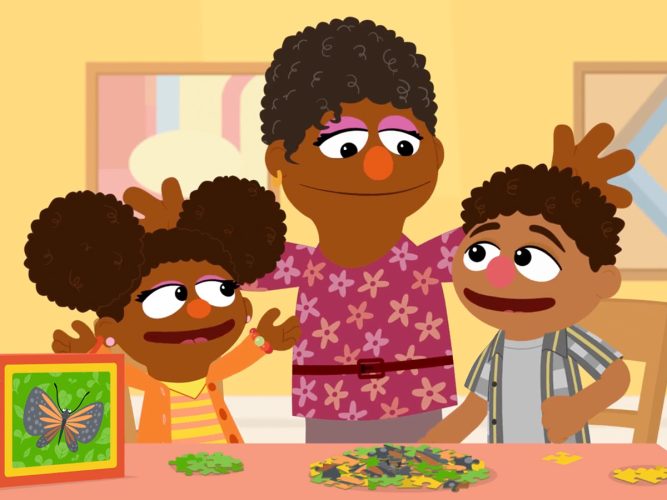
Helped, Heard, or Hugged?
There are so many ways to support a child in distress. You can give children a sense of control by offering three ways you may be able to help… and letting them choose.
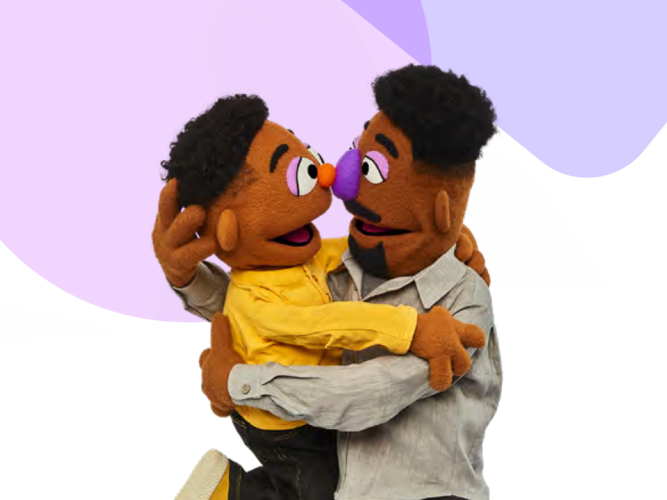
Mental Health Resource and Support List for Parents
If you’re concerned about—or considering seeking professional support for—your child’s emotional well-being, there are lots of resources just for you.
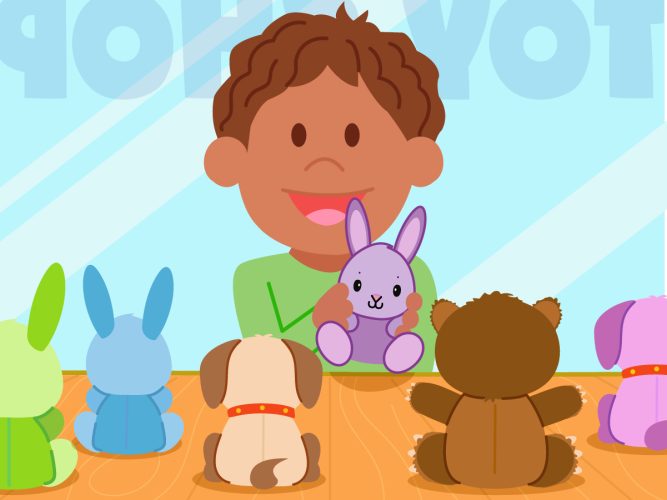
From Attention to Connection: Responding to Challenging Behavior in Caring Ways
In this webinar, you’ll learn strategies to help you support young children facing emotional challenges.
